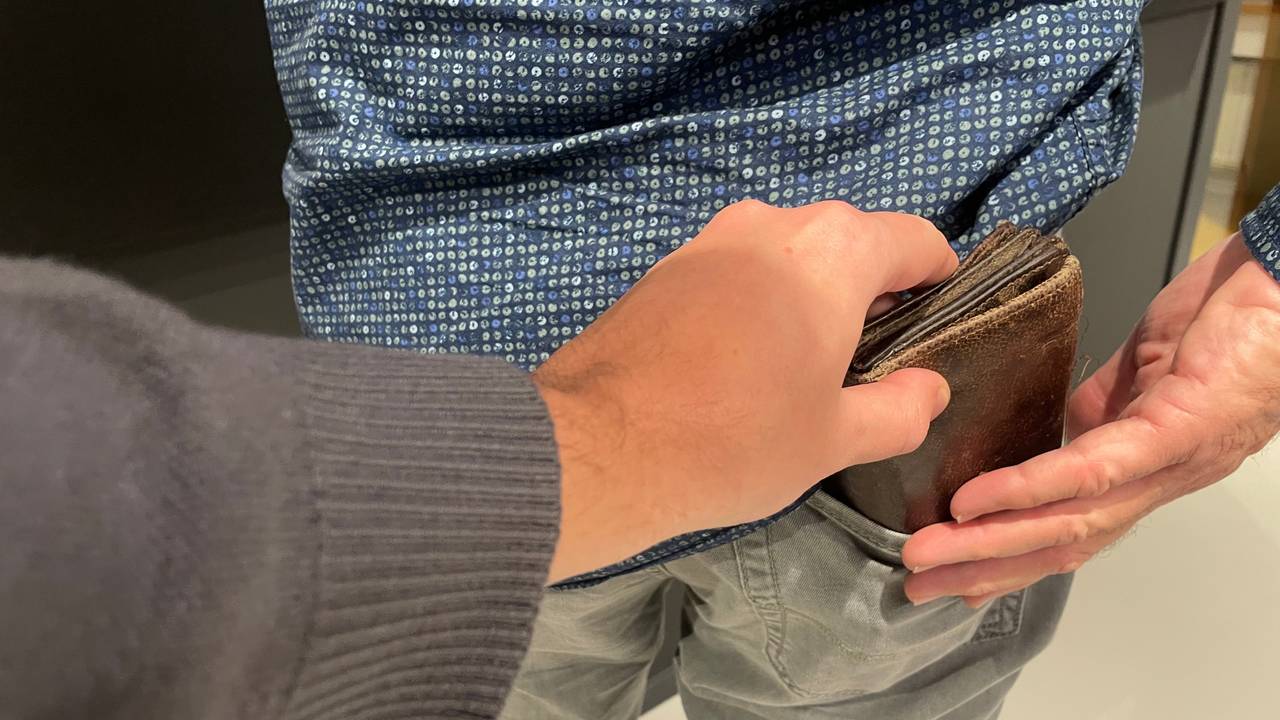Taiwan President’s Hawaii Stop Ignites Tensions with China
Honolulu, Hawaii – Taiwanese President Tsai Ing-wen received a warm welcome in Hawaii this week, kicking off a multi-nation Pacific tour that has ignited a fiery response from Beijing.
Tsai, dressed casually in a Hawaiian shirt, was greeted with traditional leis and "aloha" blessings upon arriving at Honolulu International Airport. During his two-day stop, he toured historical landmarks, including the USS Arizona Memorial at Pearl Harbor, and met with local leaders and Taiwanese expatriates.
"The opportunity for you to engage with thought leaders, diaspora communities, and state and local leaders is invaluable, and I know it will help strengthen the strong partnership between the US and Taiwan," said Laura Rosenberger, Chair of the American Institute in Taiwan (AIT), in a video message played during a celebratory dinner for Tsai.
The stop in Hawaii marks the first leg of Tsai’s trip, which aims to solidify ties with Pacific island nations. He will be visiting countries like the Solomon Islands and Fiji, amidst increased Chinese congruence in the region.
However, Tsai’s visit, particularly to the United States, has drawn sharp criticism from Beijing. China’s Foreign Ministry issued a statement expressing "strong opposition" to any official exchanges between the US and Taiwan, vehemently condemning the trip.
"China will follow developments closely and take strong measures to protect our country’s sovereignty and territorial integrity," the statement asserted, reiterating Beijing’s claim over the democratically governed island as its own territory.
The Chinese government has also criticized President Tsai, labeling him a "separatist". This disapproval stems from his stance on Taiwanese independence, a thorny issue that consistently fuels tensions between Beijing and Taipei.
The U.S., however, maintains its commitment to Taiwan’s self-defense, providing the island with military equipment despite lacking formal diplomatic relations. This policy, historically a source of friction with Beijing, was further inflamed recently with the U.S. State Department approving a $385 million arms sale to Taiwan, consisting of spare parts and radar systems for F-16 fighter jets.
"The approval of arms sales sends a ‘wrong signal’ to the Taiwanese independence forces and harms US-China relations," China’s foreign ministry declared in response.
This incident underscores the delicate balance Washington navigates between its commitment to Taiwan’s security and its efforts to maintain stable relations with Beijing, a crucial partner in the global arena. As President Tsai continues his Pacific tour, the ramifications of his U.S. visit and China’s reaction will undoubtedly have a lasting impact on the geopolitical landscape of the region.
SEVENTEEN
CHECK TO CONTINUE WITH INDEX
2024-12-01 15:04:00
#Chinas #anger #Taiwanese #presidents #move #Hawaii
## “playing with Fire”: Expert Weighs in on Taiwan President’s Hawaii Stop
**Honolulu, Hawaii** – Taiwanese president Tsai Ing-wen’s recent stopover in Hawaii, en route to other Pacific nations, has sparked a diplomatic firestorm, with Beijing issuing stern warnings and accusing the U.S. of playing “dangerous games.” To make sense of this escalating tension, World Today News spoke with Dr. Emily Chen, a leading expert on Sino-U.S. relations and Taiwanese politics at the Pacific Research Institute.
**World today News:** Dr. Chen, President Tsai’s Hawaii visit, while seemingly innocuous, has drawn a strong reaction from China. Why is Beijing so sensitive to this kind of diplomatic engagement?
**Dr. Chen:** President Tsai’s visit, especially its timing, touches on a raw nerve for Beijing. Anytime a Taiwanese leader engages in high-profile interactions with foreign dignitaries, notably on U.S.soil, it challenges Beijing’s narrative of Taiwan as an inseparable part of China. this visit, coming ahead of potential high-level U.S.-Taiwan talks in the coming months, signals a growing level of rapprochement between Taipei and Washington that Beijing views as a direct threat to its territorial claims.
**World today News:** Some argue that this is simply standard diplomatic practice for a democratically elected leader. How would you characterize the nature of the U.S.-Taiwan relationship?
**Dr. Chen:** The U.S.-Taiwan relationship is complex and intentionally ambiguous. While the U.S. officially acknowledges China’s “One-China” policy, it also maintains strong unofficial ties with Taiwan, providing military support and advocating for its international participation.This delicate balancing act aims to maintain regional stability and deter Chinese aggression towards Taiwan without explicitly endorsing Taiwanese independence.
**World Today news:** China has warned of “resolute countermeasures” against the U.S.over this visit. What kind of actions could Beijing take, and how might the U.S. respond?
**Dr. Chen:** Beijing’s “countermeasures” could range from increased military drills near Taiwan to diplomatic pressure on countries cooperating with Taipei. We might see heightened tensions in the South China Sea, economic retaliation against U.S. businesses, or a further clampdown on Taiwanese activities within China. The U.S. response will likely involve reaffirming its commitment to Taiwan’s security and perhaps bolstering its military presence in the region as a show of force.
**World Today News:** What are the broader implications of this event for the already tense U.S.-China relationship?
**Dr. Chen:** This incident highlights the growing risk of miscalculation and potential military conflict between the U.S.and China over Taiwan. The Taiwan issue is a deeply emotional and strategically vital one for Beijing, and the U.S. needs to tread carefully to avoid inadvertently provoking a broader confrontation.
**World Today News:** Dr. Chen, thank you for your insights.
**Dr. chen:** My pleasure.It’s vital to understand the complexities of this issue and the potential ramifications for global peace and security.


